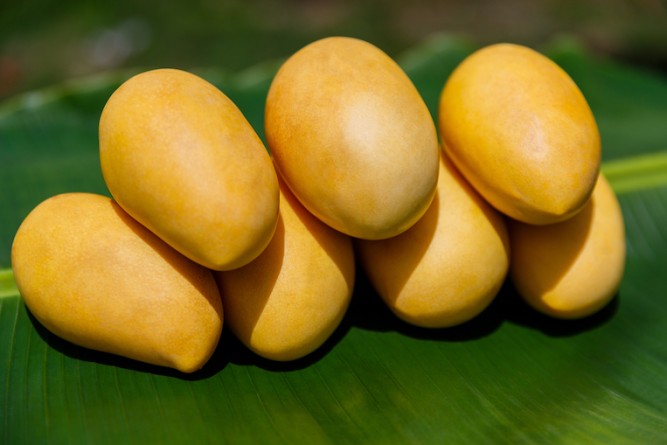GI seal to make Guimaras mangoes from the Philippines more competitive, beneficial for farmers
12 June 2023

The Geographical Indication (GI) registration of Guimaras mangoes – the Carabao mango variety from the island province of Guimaras in the Philippines – not only provides a vital competitive advantage in its favour. According to Arjel de Guzman, founding director of OPTMARKS in Manila, the GI system is a major step forward in the country’s intellectual property infrastructure that will also generally help boost the Philippines’ agriculture and indigenous sectors.
The Intellectual Property Office of the Philippines (IPOPHL) recently introduced the GI System as a new IP regime in the country. In May 2023, Guimaras mangoes became the Philippines’ first registered GI when IPOPHL approved the Guimaras Mango Growers and Producers Development Cooperative’s application for the GI seal.

Arjel de Guzman explains why GI tag is good for the country’s agricultural sector
“Distinctions like these are hard to come by and will definitely add to the popularity of the Guimaras mangoes,” said de Guzman.
The website of the World Intellectual Property Office defines GI as “a sign used on products that have a specific geographical origin and possess qualities or a reputation that are due to that origin.”
Guimaras mangoes, known to be the sweetest mangoes in the world, are shaped like an ellipsoid, are thin-seeded, juicy and have a meaty and non-fibrous flesh. The mangoes possess these characteristics due to the soil of Guimaras which allows for proper drainage, and its elevation which is highly conducive to harvesting carabao mangoes.
“This significant step also protects mango farmers from Guimaras Island from the illegal appropriation of the goodwill and reputation of their mango products while giving them control over the maintenance of its quality and significant specifications. Accordingly, the registration gives the farmers a significant edge in the perspective of marketing and exclusive technological control which, as proven in other countries’ GI-identified products, often lead to increased production and sales,” explained de Guzman.
Protection granted to Guimaras mangoes as GI-registered products will be perpetual and will not require any renewal process, unlike ordinary collective marks.
He added that the GI registration becomes even more significant considering that agriculture accounts for about 10 percent of the Philippines’ annual GDP and is one of the country’s three main industries.
“By providing another level of protection to local and indigenous products that merit recognition as GIs, these products obtain an added value as they partake in the local and global markets, which are very competitive in nature. GIs would attract and create more investments, business and support from stakeholders,” de Guzman said. “Hopefully, these will translate into job creation and the flourishment of the culture, heritage and local economies of smaller communities in the country.”
According to de Guzman, several other Philippine products are eligible for GI registration. These include the T’nalak Tau Sebu handwoven fabrics from Lake Sebu in the South Cotabato province; Pili Nut from Bicol; Durian products from Davao; and Lanzones from Camiguin Island, among others.
- Espie Angelica A. de Leon






